South Korea orders striking steel, petrochemical truckers back to work
The South Korean government has ordered striking truckers in the steel and petrochemical industries to return to work, amid a prolonged nationwide strike that has disrupted supply chains and affected the country's economy.
Korean Prime Minister Han Duck-soo told his cabinet members on Thursday to issue the "start work" order.
"The prolonged unjustifiable refusal of transportation is seriously damaging our industry and economy," Han said. "We absolutely have to break the vicious cycle of an unjustified organized act."
He said the strike was likely to impact shipments of key exports, including semiconductors and automobiles.
Tens of thousands of striking truckers have been demanding that a minimum wage program be made permanent and broader for the past fifteen days. The government has so far refused, but has said it can extend the program beyond the current three years.
Two meetings have been held between the union representing the truckers and the government, but there has been no breakthrough. Officials have reported that no more sessions have been planned.
Back-to-work orders were first issued on November 29 to force 2,500 striking drivers in the cement industry and were extended on Thursday to about 6,000 drivers who transport steel and 4,500 who transport fuel and chemicals.
The orders marked the first time a South Korean government was using a law revised in 2004 that says failure to comply without justifiable reason is punishable by up to three years in prison, or a fine of up to 30 million won (roughly $22,700).
The government has said its order has been effective in getting striking truckers back on the road, but the union says they will take legal action with the help of certified labor attorneys to defy the order.
"Should the group walkout last for a longer period, blast furnaces, which are considered the heart of steel plants, are feared to face disruptions under a worst-case scenario," Finance Minister Choo Kyung-ho said.
The finance ministry said it was conducting an on-site investigation of 33 truck operators and 778 drivers in the cement industry.
About 35% of 2,600 fuel tanker drivers across the country are striking, media reports have said, citing the Industry Ministry; and as of Wednesday afternoon, 78 petrol stations had run out of fuel nationwide, many of which were in the Seoul metropolitan region, according to government data.
The strikes have disrupted South Korea's supply chain and cost more than 3.2 trillion won ($2.44bn) in lost shipments over the first 10 days, the Industry Ministry said on Sunday.
Steel shipments are running at 48% of normal levels, and shipments of petrochemical products have fallen to about 20%, the Transport Ministry said on Thursday, raising concerns that those disruptions would hurt production of cars and ships.
The strike comes as growth in Asia's fourth-largest economy is expected to slow to 1.7 percent next year, down from previous forecasts of 2.1 percent.
‘How many more have to die?’: Minneapolis mayor demands Trump end ‘invasion’
VIDEO | Criticism grows over Pakistan joining Trump-led 'Board of Peace'
Iraq’s dominant political bloc nominates Nouri al-Maliki for prime minister
Israel moves to restrict Palestinian re-entry to Gaza, ‘encourage outflow’: Report
VIDEO | Iran warns enemies against new 'adventurism'
VIDEO | Venezuelans demand return of their president Nicolás Maduro
Muslims facing ‘major confrontation’ led by US and Israel: Hezbollah chief
Palestine Action activist at risk of death after beginning thirst strike in UK jail


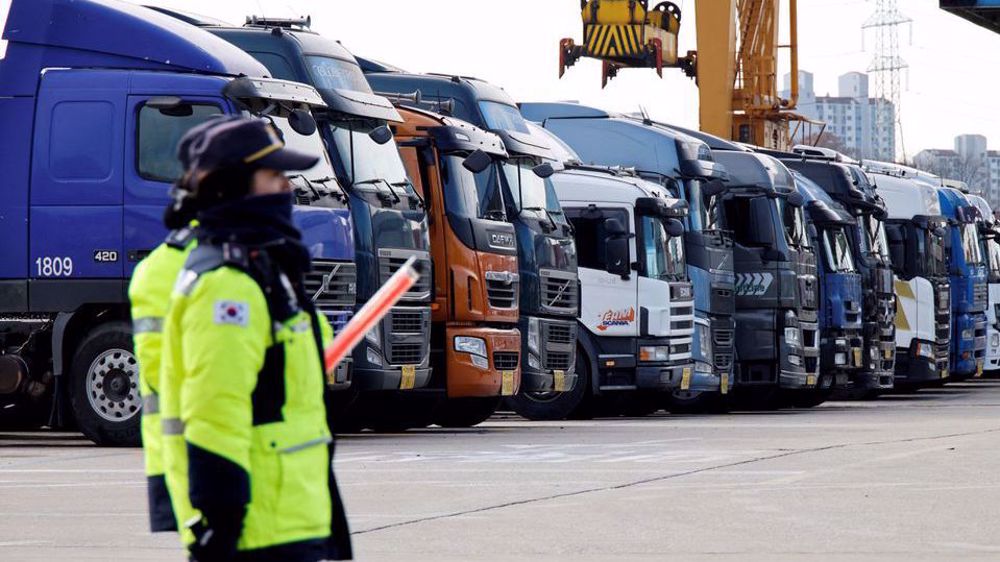
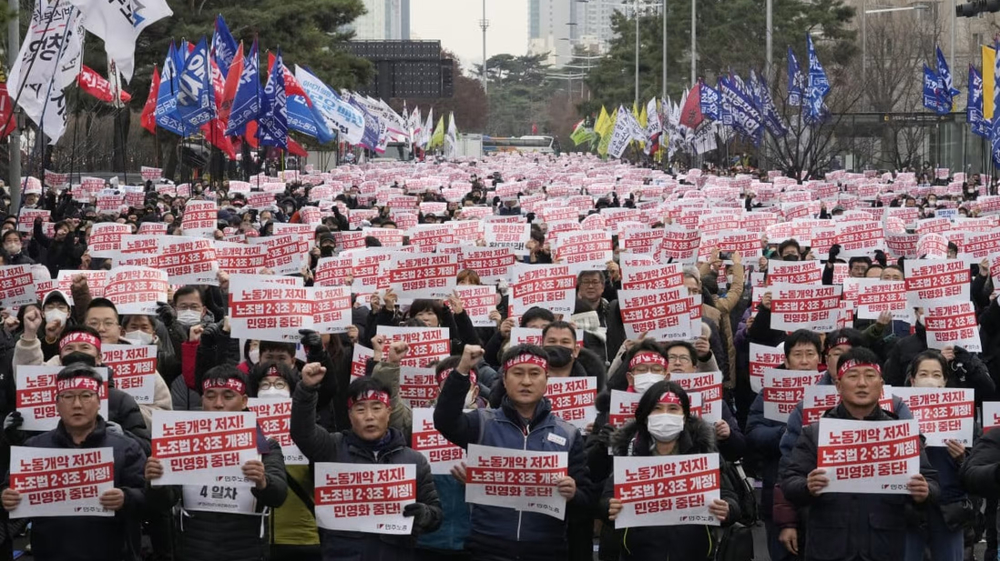
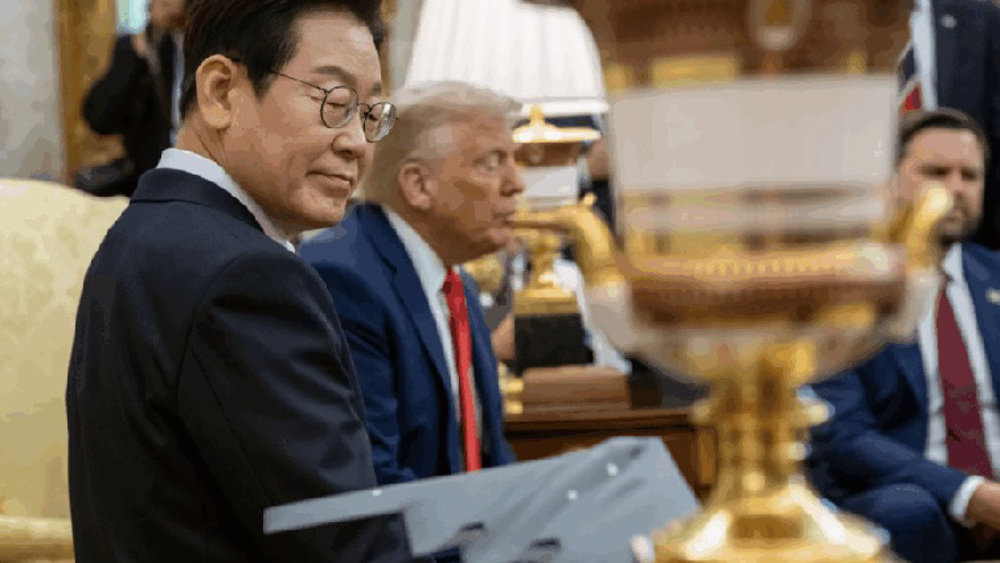
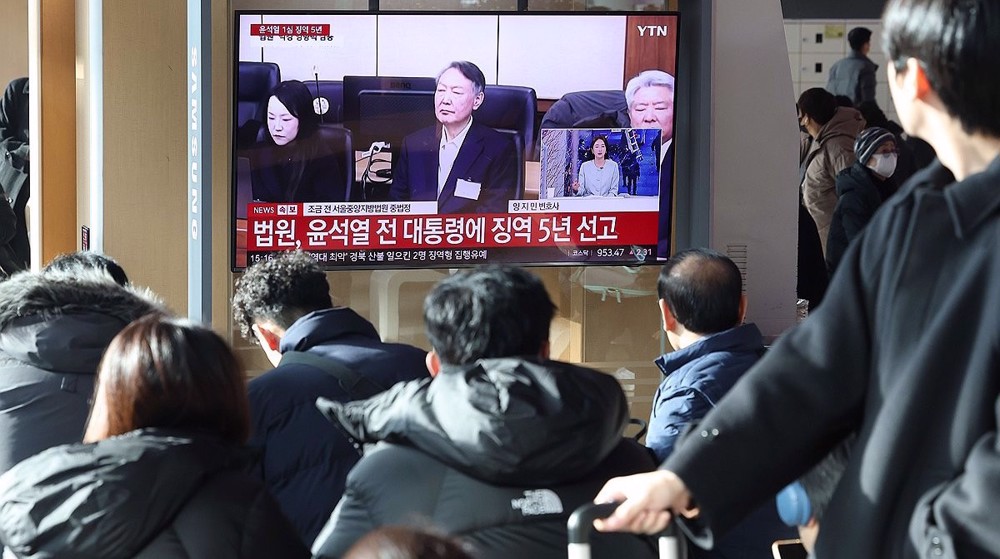
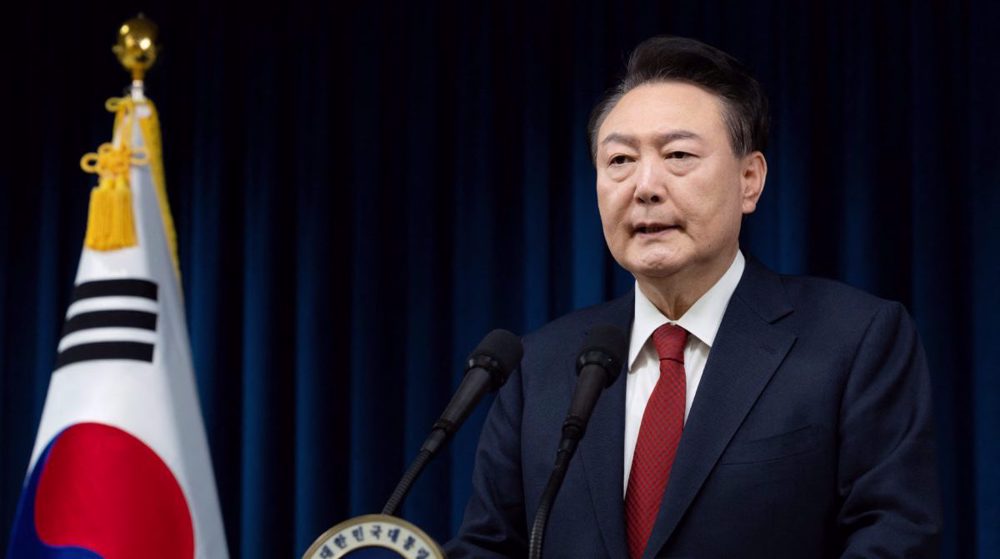



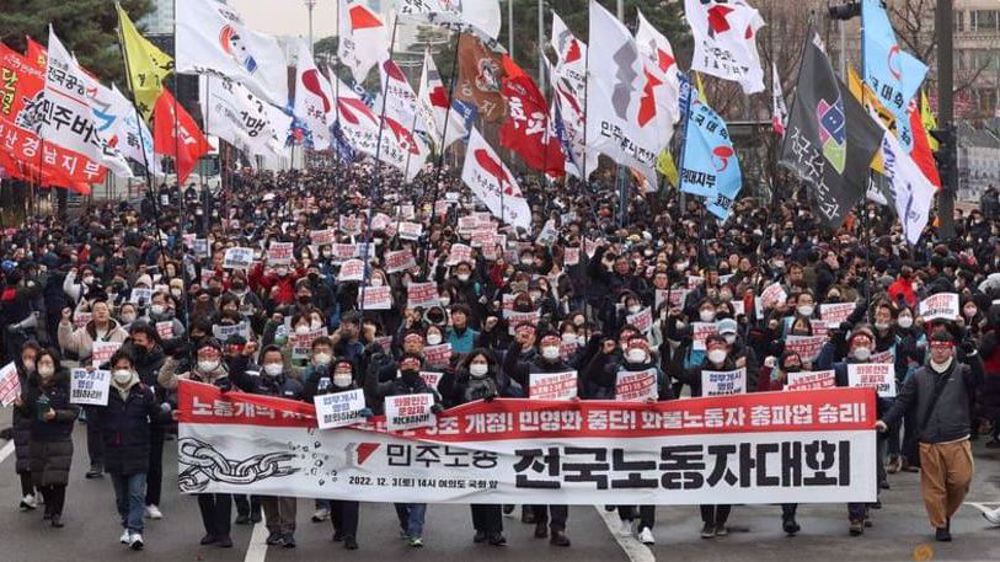
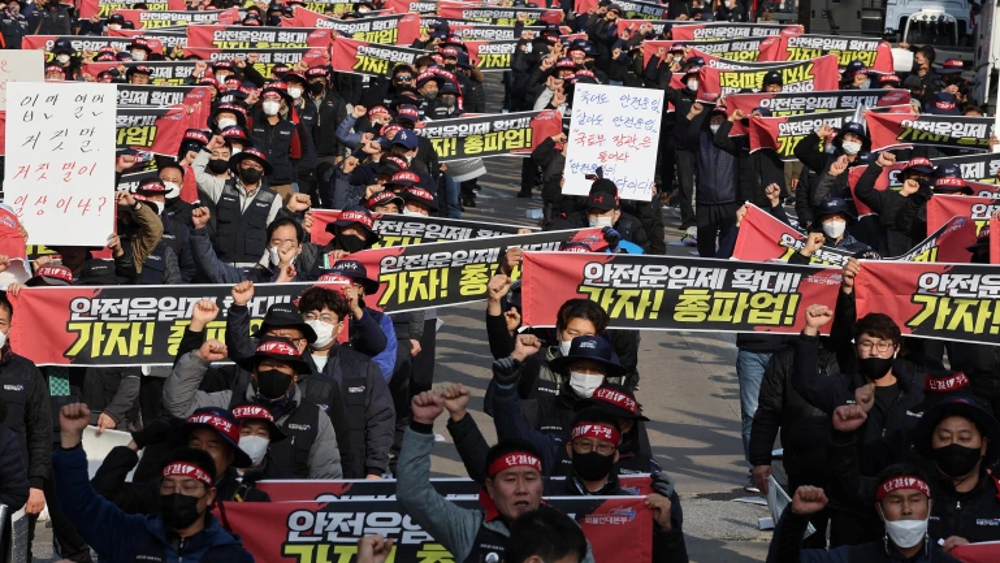
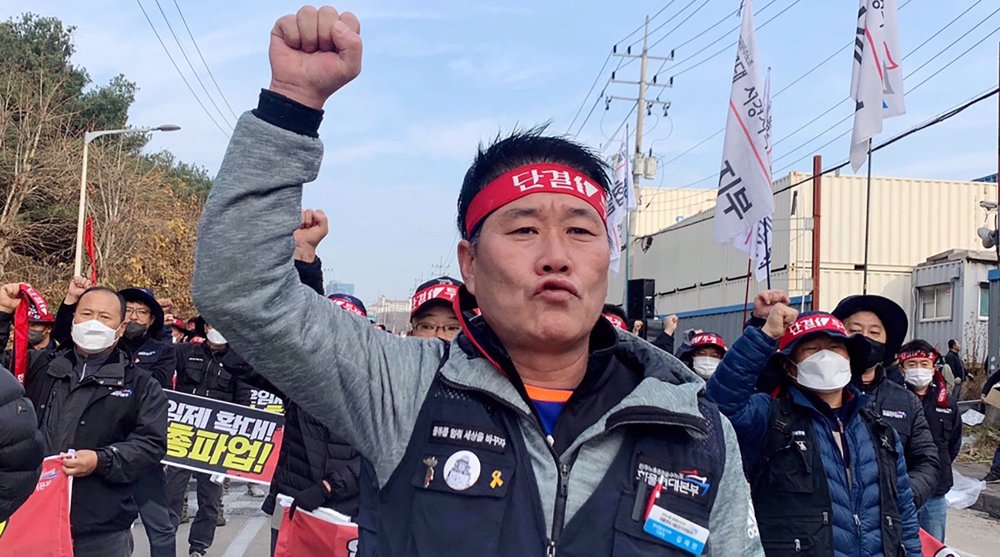

 This makes it easy to access the Press TV website
This makes it easy to access the Press TV website